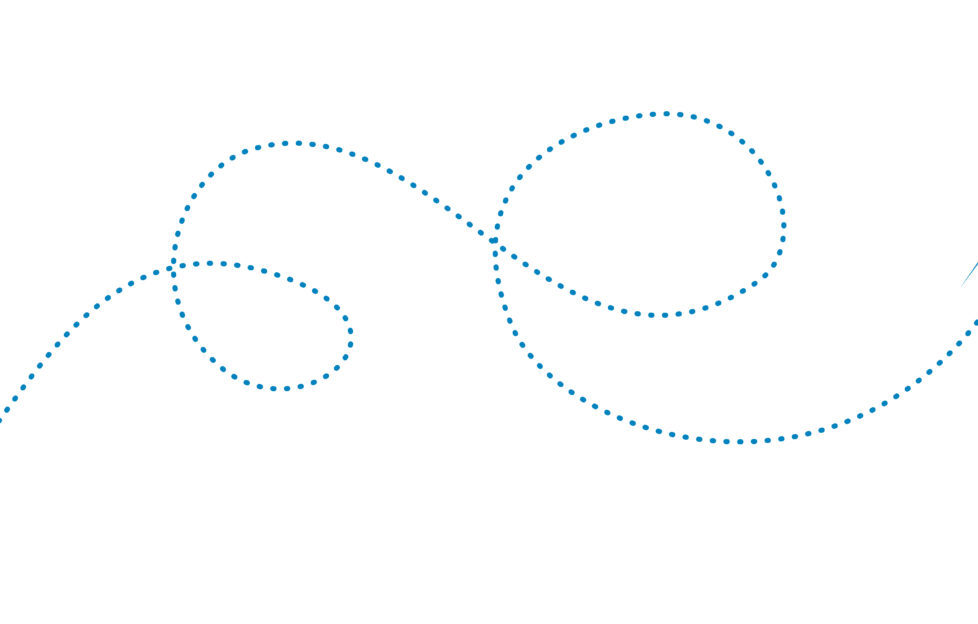
Have you ever tried free-writing?
It’s where you sit down in front of your computer or open your notebook and just write. Yes, just write – thoughts that come into your head, however small or insignificant.
Your words might form complete sentences and paragraphs.
Other times it might be single words which have no relation to each other. Or it might even be the same repeated word. The fact is you are writing something down.
Be Free
It’s a writing exercise as taught by free-writing forerunner Peter Elbow. If you do this exercise regularly – a set time every day along with a set number of words – then you’ll find each time you come to write something new, the creative process will become easier, opening your imagination to write in a more free-flowing and symmetrical manner.
It’s important to note too that free-writing is not about the having the perfect grammar known to mankind – it’s about self-expression.
If you concentrated solely on the presentation at this stage, then your free-writing mind would be hindered by red stop signs, and the whole point of the exercise is about unhindered creativity. When you have formed your sentences, paragraphs and hopefully achieved your goal of writing a story for the Friend, there will be a point where you will tidy up your prose.
That should always be the case – but in relation to free-writing, that shouldn’t be the priority. I like the quote by American inventor Thomas Edison, who said:
Genius is 1% inspiration, and 99% perspiration.
So in the beginning, write without worry, with no notion to impress; simply write whatever you want – what you see in front of you, what you are feeling at that exact moment, the random thoughts that fleetingly enter your mind one minute, and then escape the next.
By capturing these moments and writing them down, before you know it, your words and sentences will form clear pictures, and your writing will begin to form a structure where characters and their story goals will cry out to be heard. In time . . .




